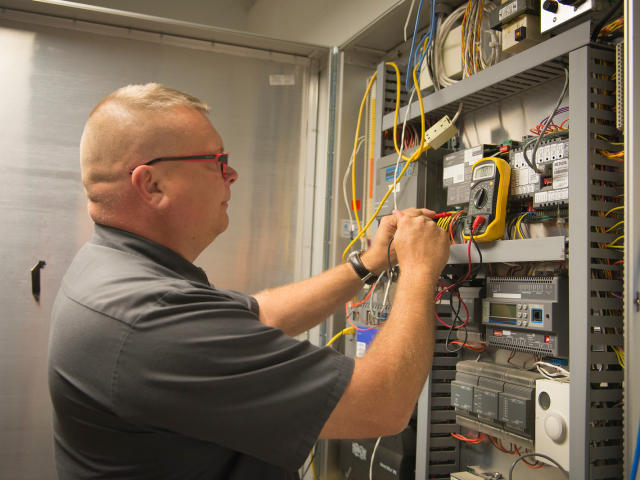In the intricate world of electrical systems, adherence to established codes is paramount to ensuring safety, efficiency, and compliance. Electrical codes are a set of standards designed to regulate the installation, maintenance, and operation of electrical systems. This comprehensive guide aims to shed light on the significance of understanding electrical codes and unraveling the complexities that surround them.
Decoding the Basics
What are Electrical Codes?
Electrical codes are a collection of rules and regulations formulated by industry experts, governmental bodies, and standardization organizations. Their primary purpose is to establish a uniform set of guidelines for the design, installation, and maintenance of electrical systems, encompassing everything from residential wiring to industrial power distribution.
The Evolution of Electrical Codes
Understanding electrical codes requires delving into their historical evolution. Over time, codes have evolved in response to technological advancements, safety concerns, and lessons learned from past incidents. A comprehensive guide should explore the transition from early, rudimentary codes to the sophisticated, globally accepted standards in place today.
Navigating the Code Landscape
National Electrical Code (NEC)
The NEC, often referred to as NFPA 70, is the cornerstone of electrical codes in the United States. Exploring its origins, updates, and key provisions is essential for anyone seeking a robust understanding of electrical codes. The guide should provide insights into how the NEC influences electrical installations in residential, commercial, and industrial settings.
International Electrotechnical Commission (IEC) Codes
For a global perspective, the article should touch upon the IEC codes, which are widely recognized internationally. Understanding the differences between NEC and IEC codes and how they harmonize or conflict can provide a broader understanding of the challenges and opportunities in the electrical industry.
The Importance of Compliance
Ensuring Safety
Compliance with electrical codes is not merely a bureaucratic requirement; it is a crucial aspect of ensuring safety for both individuals and property. The guide should delve into specific instances where adherence to codes has prevented accidents and protected lives.
Legal Implications
Non-compliance with electrical codes can have legal ramifications. The article should highlight the potential consequences for individuals and organizations that neglect these standards, emphasizing the importance of due diligence in adhering to codes.
Niche Codes and Specialized Areas
Energy Codes
In the era of sustainability, energy codes play a pivotal role. The guide should discuss how these codes address energy efficiency in electrical systems, contributing to a greener and more sustainable future.
Hazardous Locations
Exploring codes related to hazardous locations, where the risk of fire or explosion is higher, provides valuable insights into specialized requirements for installations in such environments.

Staying Current in a Dynamic Landscape
Code Updates and Revisions
The electrical industry is dynamic, and codes evolve to address emerging challenges. A comprehensive guide should emphasize the importance of staying informed about code updates and revisions to maintain compliance and adopt best practices.
Training and Certification
To truly understand and implement electrical codes, professionals need adequate training and certification. The article should guide readers on available resources for staying updated and obtaining relevant certifications.
Conclusion
In conclusion, a comprehensive understanding of electrical codes is imperative for anyone involved in the design, installation, or maintenance of electrical systems. This guide has aimed to demystify the intricacies surrounding electrical codes, emphasizing their significance in ensuring safety, efficiency, and legal compliance. For more insights and further information about home electrical services, you may visit their page to learn more.





